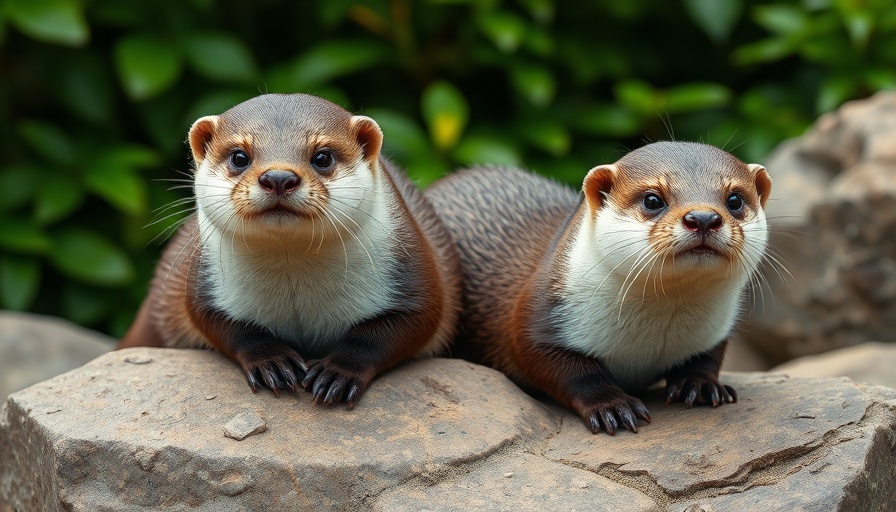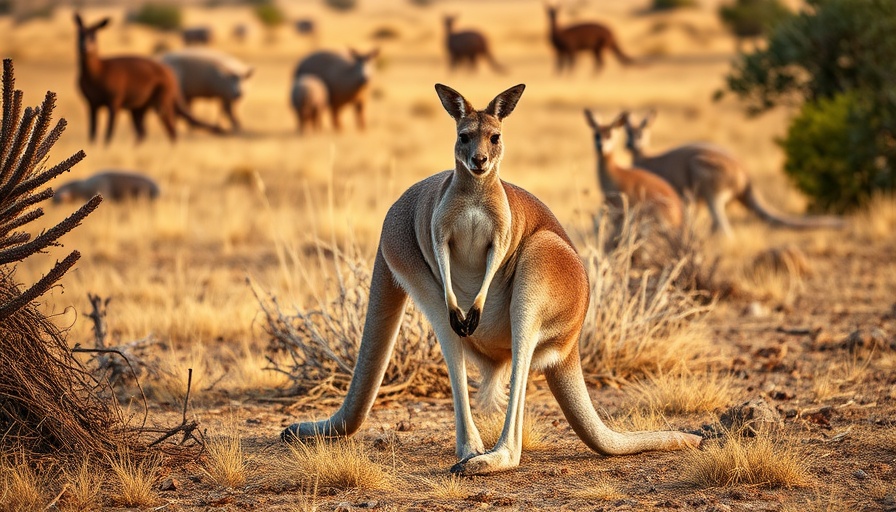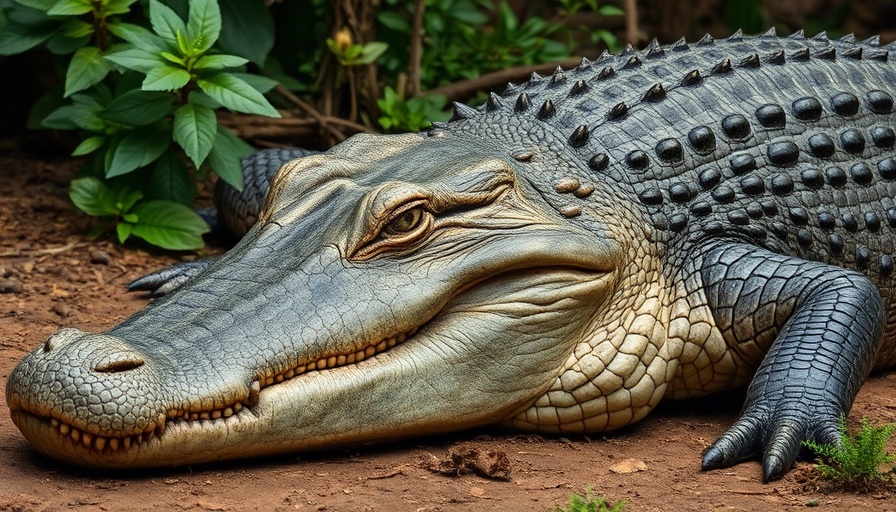
Exposing the Dark Side of Japan's Otter Cafes
Across Japan, small-clawed otters, known for their playful nature and adorable antics, have become the centerpiece of trendy cafes catering to social media enthusiasts. These cafes have created a buzz, drawing in crowds of visitors eager for selfies and likes. However, behind this façade of fun lies a troubling reality.
Recent research reveals that many of these otters likely originate from illegal wildlife trafficking networks. While cafe owners and their patrons may believe they are contributing to conservation efforts, the sad truth is that they are supporting a system that exploits these beautiful creatures. When people understand the dark origins of these otters, their popularity may wane, leading to a broader push for ethical treatment and protection.
The Plight of the Small-Clawed Otter
Sadly, the exploitative trend of otter cafes reflects a broader issue faced by wildlife globally. As listed as vulnerable on the IUCN Red List, small-clawed otters are increasingly at risk. In captivity, these intelligent animals often suffer from stress, obesity, and detrimental behaviors, such as gnawing at their own tails. Otters are not merely pets; they are wild animals with complex needs and social structures that are best maintained in their natural habitats.
Impact of Human Activities on Ecosystems
The decline of wildlife populations—including a staggering 73% drop in vertebrate species over the past 50 years—is largely driven by human activities. Factors such as habitat destruction due to urbanization and agriculture, pollution, climate change, and overexploitation severely disrupt ecosystems, making survival increasingly difficult for species like the small-clawed otter.
These otters play a crucial role in maintaining healthy ecosystems, particularly in mangrove swamps and wetlands. Their presence supports biodiversity, but their rapid decline could lead to further ecological imbalance. Without decisive intervention, the fate of these creatures remains tenuous.
Empowering Conservation Through Knowledge
In light of these findings, Japan must take action. The Ministry of the Environment has the opportunity to educate citizens about the implications of otter cafes and the wildlife trafficking networks that enable them. By raising awareness and advocating for stricter regulations, Japan can pivot from exploitation to conservation.
Sign the petition today to call upon the Japanese government to initiate a public education initiative. This effort is about more than just otters—it's about protecting the delicate balance of our ecosystems and ensuring a future for all wildlife.
Join the Movement for Ethical Wildlife Treatment
People deeply care about the treatment of animals; they just need to be equipped with the facts. By fostering conversations about wildlife conservation and the realities of human impacts, we can inspire change and reduce the popularity of otter cafes. Together, we can ensure that these creatures do not just become fleeting attractions but are respected as vital members of our ecosystem.
Take a stand against cruelty and support the cause by signing the petition. Your voice matters in the fight for wildlife protection!
 Add Row
Add Row  Add
Add 




 Add Row
Add Row  Add
Add 

Write A Comment